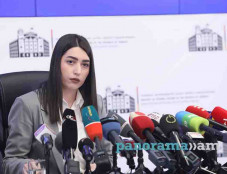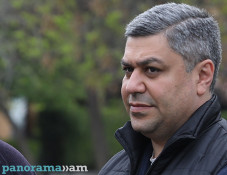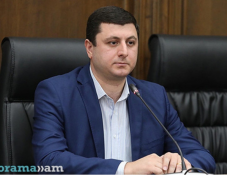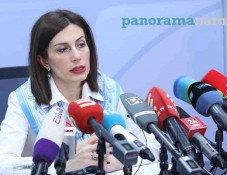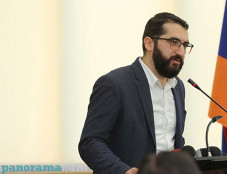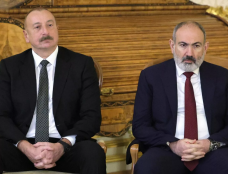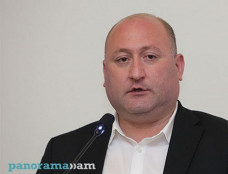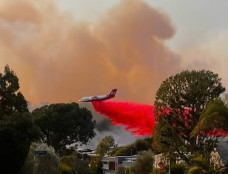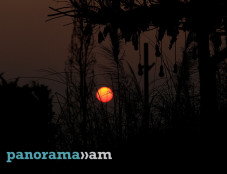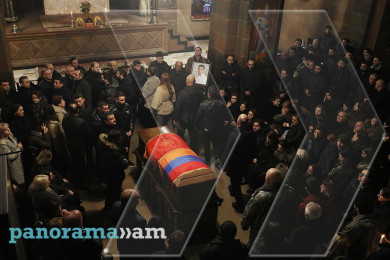Stratfor:Armenia is not typically prone to large-scale unrest and protests
As the unrest in Egypt has continued unfolding, there has been much speculation about the possibility of similar developments occurring in Russia and other countries across the former Soviet Union (FSU), Vyacheslav Oseledko writes for Stratfor. This is not particularly surprising or unfounded; as with Egypt, many FSU states have autocratic leaders who have been in power for decades, and in many of these countries, authoritarian leaders suppress the opposition, often forcefully.
Stratfor marks four states in the Caucasus and Central Asia — Tajikistan, Kyrgyzstan, Armenia and Azerbaijan — which face more pressure and have more underlying problems for regime stability and security than the states listed above. In addition to the opposition forces that exist in all FSU countries, these countries have the added strains of poor economic conditions and, except for Armenia, banned or suppressed Islamist groups and religious movements. Therefore, protests and opposition forces are more likely to create real problems for the ruling regimes. This is not to say these states will see the same scenario as Egypt; they do not have Islamist groups with the same power or relevance as the Muslim Brotherhood, and do not have the exposure to parliamentary life going back to the early 20th century as Egypt does, for instance. Rather, these countries are more sensitive to such forces, meaning the regimes could crack down harder or change certain policies, and thus are more at risk for potential instability.
Armenia is not typically prone to large-scale unrest and protests, though recently the country’s opposition, led by former Armenian President and current head of the Armenian National Congress party Levon Ter-Petrosian, has called for a large rally Feb. 18 in Yerevan’s Freedom Square, citing Egypt as an inspiration. According to STRATFOR sources, the opposition would be thrilled with a turnout of 10,000 and would consider it a success even if just a couple of thousand people turned out. That turnout level would be enough to encourage the opposition to continue, as previous protests in the past few months have only drawn crowds in the hundreds. But it is unclear if they will be able to demonstrate at Freedom Square at all, because soon after Ter-Petrosian’s party revealed its protest plans, Yerevan city officials said Freedom Square would be off-limits because it would be the scene of “sporting and cultural events” from Feb. 15 to March 15. While the protest will be a key event worth monitoring closely, the opposition remains a limited force in terms of challenging the ruling authorities, so Armenia is the least at risk of the potential problem states.
Newsfeed
Videos





